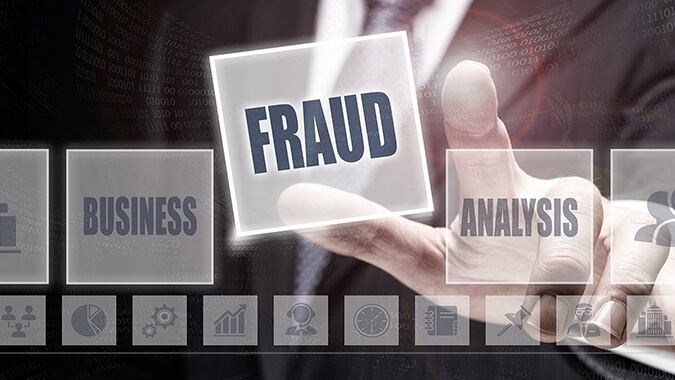
Understanding the Different Types of ESG-Related Litigation and Damages
- Published
- Mar 28, 2023
- Share
By Michael Bentivegna and Lourenco Miranda
Environmental, social, and governance (“ESG”) initiatives have become a fixture at the top of corporate agendas. Companies are aware, now more than ever, of the impact ESG factors have on their shareholders and surrounding communities. ESG initiatives demonstrate an organization's commitment to sustainability and corporate responsibility, essentially a framework for an organization to follow in which the needs of their employees, customers, and community are considered.
A Brief Overview of ESG Today
To break ESG down further, the Center for Audit Quality, an autonomous public policy organization, describes the term’s three areas as the following:
- Environmental: A company's exposure to and management of risks and opportunities related to environmental factors such as climate, natural resource scarcity, pollution, waste, and others.
- Social: Corporate values and business relationships, including topics such as labor and supply-chain standards, employee health and safety, product quality and safety, privacy and data security, and diversity and inclusion efforts.
- Governance: Details on corporate structure and diversity of the board of directors, executive compensation, critical event responsiveness, corporate resiliency, and policies related to lobbying, political contributions, bribery, and corruption.
Furthermore, while accountants are familiar with financial disclosures, in Spring of 2022, the SEC, with the goal of mandating ESG-related financial disclosures, proposed three ESG-related rules aimed at:
- Enhancing and Standardize Climate-Related Disclosures for Investors
- Preventing Misleading or Deceptive Fund Names
- Enhancing Disclosures by Certain Investment Advisors and Investment Companies About ESG Investment Practices
Though, as these disclosures come further into question, disputes about the value of ESG-related assets, along with litigation and damages, may arise.
The Two Types of ESG-Related Damages
Along with a company’s required ESG disclosures, there are other considerations, including two primary types of damages that leaders need to be aware of.
Damages Directly Related to ESG: An example of this is a plaintiff seeking damages from a company for breach of a waste disposal contract. For example, a company has a contract with a county or municipality which requires the disposal of a specific type of hazardous waste product to occur in a certain manner. Eventually, the county or municipality finds out that the company was not adhering to the contract and improperly dumping the waste, and the county or municipality likely sues the company for a breach of this contract. The damages calculated would be directly related to the environmental initiative violated by the company.
Claims Indirectly Related to ESG: Where ESG-related factors are relevant to the evaluation of damages while the specific issue in dispute is not directly related to ESG issues. For example, inventory is typically valued at the lower of cost and net realizable value. To estimate net realizable value, management is required to consider all relevant facts and circumstances. Estimates of net realizable value could be materially affected by, for example, a regulatory change that renders inventories obsolete or a major weather event that causes physical damage to inventories.
SEC Litigation Case Example
The SEC cites sixteen examples of enforcement actions related to ESG issues or statements. One interesting case involves a Houston, Texas resident that told investors he was building an advanced, eco-friendly desalination plant that would provide clean, low-cost drinking water to Kenyans. According to the complaint, the defendant misled investors as to the viability of his desalination process, falsely assuring them that the technology had years of proven operational history. This matter resulted in disgorgement damages totaling over $6 million and almost another $1 million in prejudgment interest.
Companies need to consider the impact ESG will have not only on their profits and investments, but also how they will analyze future ESG-related risk and litigation. A simple discussion with an advisor and being prepared for ESG related issues will help when these issues eventually surface down the road.
What's on Your Mind?
Start a conversation with the team
Receive the latest business insights, analysis, and perspectives from EisnerAmper professionals.













